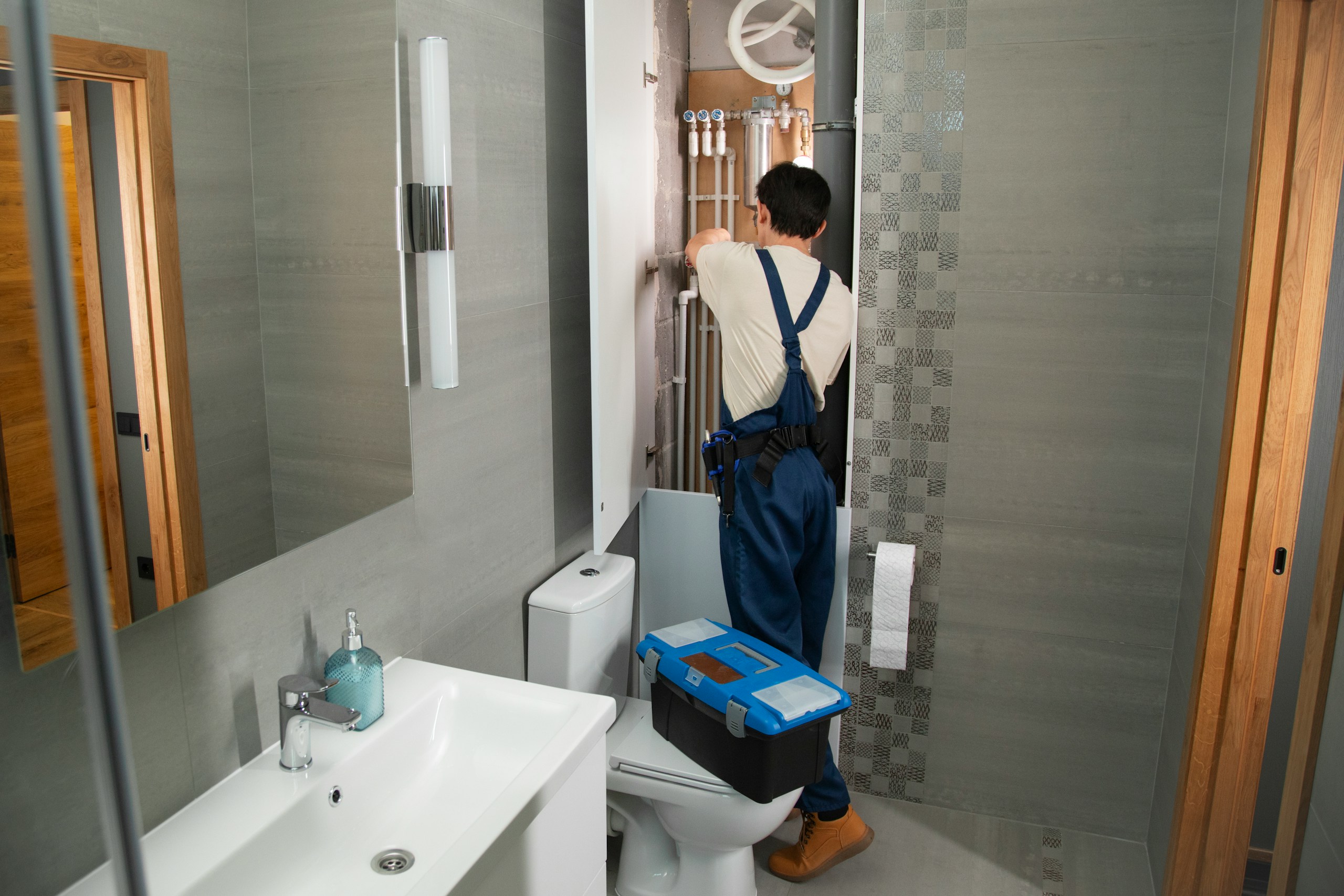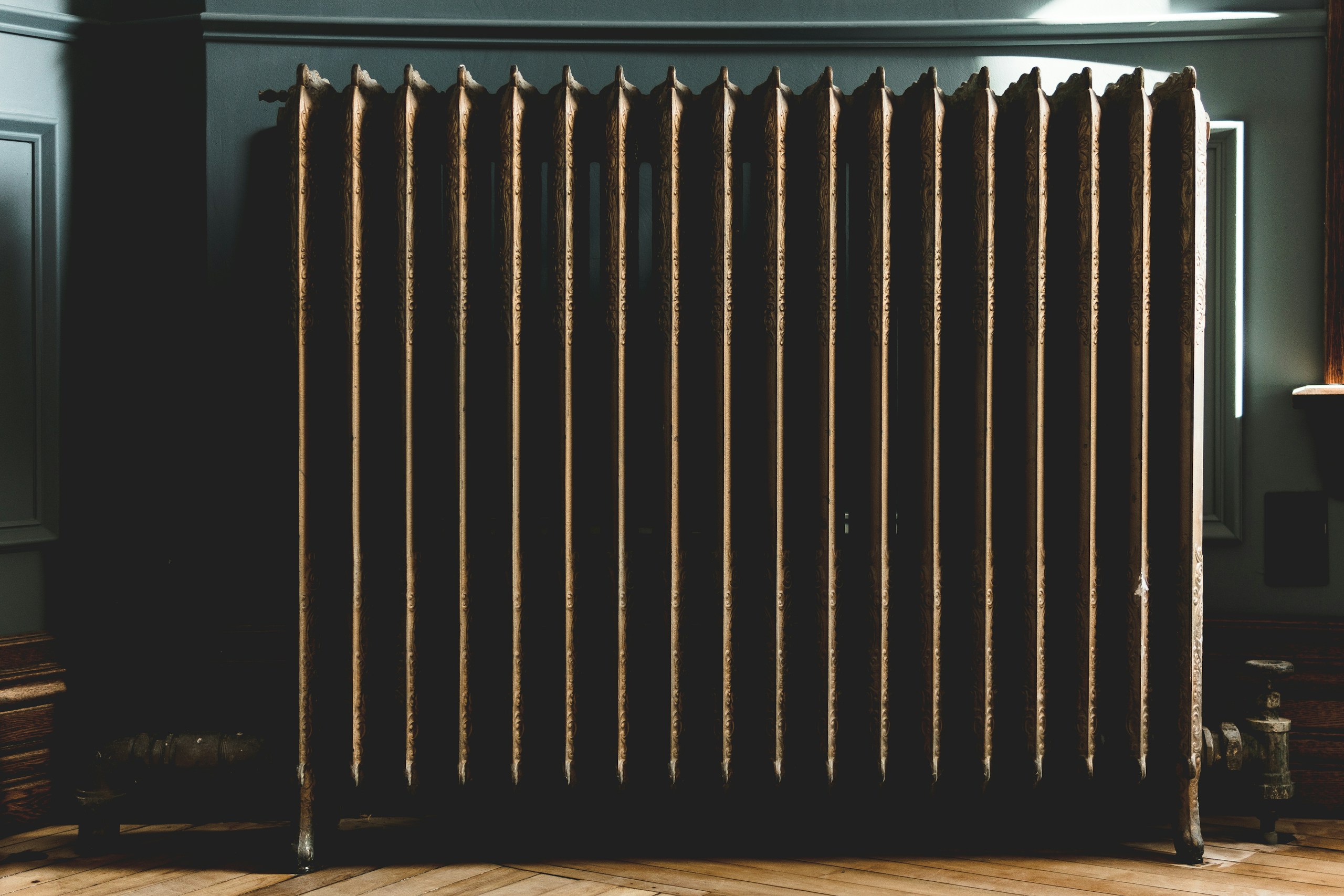Did you know that around 73% of Kent’s domestic energy consumption goes toward space and water heating? Living in the Garden of England comes with a unique climate cocktail – caught between breezy maritime influences and the occasional chilly blast from continental Europe. Temperatures here swing from a balmy 11.5°C along the south coast to a brisk 9.5°C in the higher inland hills.
This variation means one-size-fits-all heating just won’t cut it. Whether you’re nestled by the coast or tucked into the North Downs, season-specific strategies can keep your home warm and your bills in check. In this article, we’ll share practical, Kent-tailored heating tips to boost efficiency, save money, and keep you comfortable year-round. Let’s dive in!
Kent’s Climate Quirks
Kent’s driest north coast sees less than 600mm of rainfall annually, while the High Weald and North Downs soak up 600-850mm. This patchwork climate shapes how we heat our homes. Coastal spots enjoy milder winters thanks to the sea’s tempering touch, while inland areas (like the elevated Greensand Ridge) brace for colder snaps. Kent’s proximity to Europe also invites occasional icy spells, making winter a mixed bag.
The UK’s standard heating threshold kicks in around 15-18°C, and for Kent, that’s a regular reality from autumn to spring. Coastal homes might dodge the deepest chills, but inland properties often feel the bite. Understanding these quirks is the key to smarter energy use. So, tailoring your heating to your corner of Kent can really trim waste and keep you toasty without adding to your bill.
Four Seasons, Four Strategies
What’s a Heating Calendar?
Boiler breakdowns tend to hit between November and February – peak heating season, where they’re working at their hardest. But, it’s simple to outsmart these odds with a seasonal heating calendar.
Spring – Tune-Up Time
Spring blooms are your cue for annual boiler servicing (ideally April to September). A well-maintained system runs 4-8% more efficiently. Clean those filters, check pressure, and bleed radiators to banish air pockets. This preventative TLC can extend your boiler’s life and dodge mid-winter meltdowns.
Summer – Hot Water, Cool Costs
Set your water to 60°C – hot enough for sanitation, lean enough to save energy. For combi boilers, tweak the flow temperature down for noticeable savings. Coastal evenings can turn cold, so those with zoned heating should make the most of this feature, which keeps things comfy without overcooking the whole house. Switch to summer or vacation mode to cut usage by 15-20% (compared to winter settings).
Autumn – Ready, Set, Heat
Before the heating season ramps up, recommission your system. Calibrate thermostats, verify programmers and balance radiators. Gas, oil, or heat pump – each needs its own prep. Proactive steps now mean fewer surprises when the cold hits.
Winter – Warmth Without Waste
Kent Fire and Rescue Service suggests keeping homes at least 18°C. Maintain boiler pressure (1-1.5 bar for most systems) and bleed radiators regularly, as air locks sap 8-12% of efficiency. Inland homes might need higher settings than coastal ones, so zone strategically. Stay warm, not broke.
System Selection and Optimisation
Heating costs in Kent have climbed with energy prices, but smart choices can keep your home warm without burning through your budget. Here’s the real breakdown for 2025:
- Gas Central Heating (65% of Kent homes): £800-900/year. Common and efficient, servicing can save £50-80 annually by boosting performance.
- Oil-Fired Systems (rural Kent mainstay): £1,000-1,200/year. Regular maintenance cuts fuel waste, saving £60-100 yearly—key for off-grid homes.
- Heat Pumps: £700-1,000/year. Eco-friendly and ideal for coastal mildness, proper upkeep trims costs by £100-150 annually, maximising their high efficiency.
- Electric Storage Heaters: £300-800/year with Economy 7 tariffs. One to two units suit smaller homes; off-peak rates save £200+ compared to standard tariffs.
Your location matters. Coastal properties lean toward heat pumps, while rural inland homes favour oil. Optimisation is really going to be the defining factor; gas systems thrive with tune-ups, heat pumps need seasonal checks, and electric heaters shine with tariff tricks.
The Kent and Medway Warm Homes Scheme (2,200+ homes supported) and Gravesham’s £800,000 decarbonisation fund offer grants to upgrade. Stay warm, save smart, and tap into local resources!
Common Questions
1. Why does my coastal Kent home feel milder than my friend’s inland one?
Kent’s coastal areas benefit from maritime influences, keeping winters milder (around 11.5°C average) compared to inland spots (9.5°C), where elevation and continental winds sharpen the chill.
2. How often should I service my boiler in Kent’s damp climate?
Annual servicing is ideal, especially in spring or summer. Kent’s humidity can strain systems, so regular checks prevent corrosion and breakdowns, particularly before winter demand spikes.
3. Are heat pumps worth it in Kent’s mixed climate?
Yes! Heat pumps work efficiently down to -15°C, covering most Kent winters. With proper maintenance, they rival gas costs and cut carbon—perfect for coastal or inland homes eyeing greener options.
4. What’s the cheapest way to heat my rural Kent home off the gas grid?
Oil systems (£259-£585/year) are common and cost-effective for rural areas, but explore grants for heat pumps or optimise electric heaters with off-peak tariffs to lower bills further.
Keeping You Warm, Saving You Money
Kent’s climate demands a clever, season-by-season heating approach. From spring tune-ups to winter zoning, these strategies can slash bills and boost comfort. Proper maintenance and system choices amplify those savings – critical as gas use is projected to rise 23% and electricity 19% by 2031.
New tech, like Gravesham’s heat pumps (saving 37 tonnes of carbon over 20 years), hints at a greener future. Since 2012, Kent’s renewable energy push has grown too, blending economic wins with eco-friendly benefits. Start today, and your wallet will thank you. Here’s to a warm, efficient tomorrow.
Stay warm and save with Hughes Heating Ltd! Visit hughesheatingltd.com for expert boiler servicing, heat pump solutions, or 24/7 emergency support. Based in Ashford, our Gas Safe team delivers tailored heating care. Contact us today for a free quote and cozy up with confidence!





